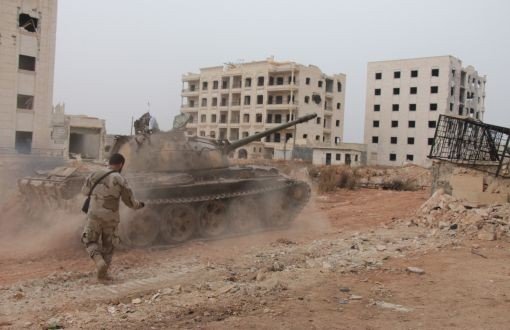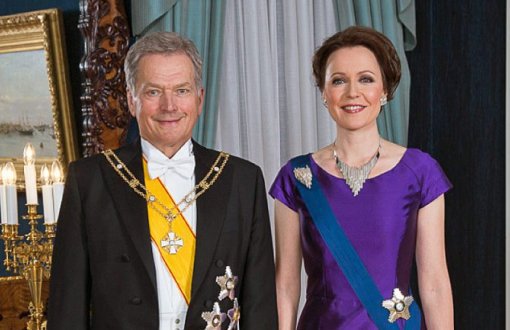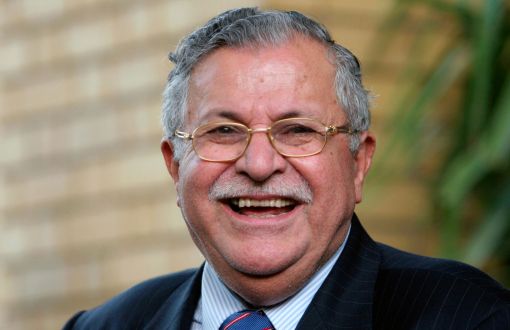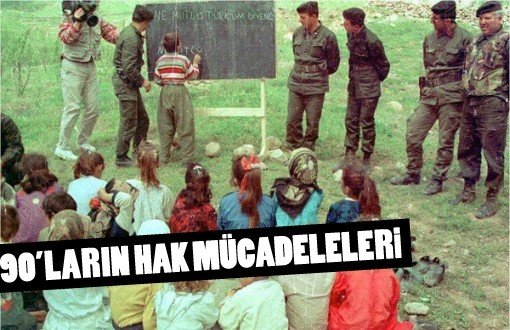Remembering Aleppo, Their Beautiful Lives

Click to read the article in Turkish
Watching the horror of Aleppo and its civilian citizens makes me think that my own experiences from that lovely city are from another world – and for sure from another time.
Baron Hotel
It was the year when Father Assad had passed away and left his home-made monarchy and Middle Eastern style democracy to his son Bashar. Summer 2000 was full of hope of brighter times and wider freedoms for speech and political rights with the news president, who had studied abroad, had British-Syrian wife and was thought to value human rights more than his father had done.
My friend and I drove along Syrian western coast up to the Turkish border and enjoyed the beautiful landscape, friendly people and good food. We also visited Aleppo and stayed in the famous Baron Hotel.
In the lobby, on a yellowing wall was hanging an advert from the 1930s: "Hotel Baron, the only first-class hotel in Aleppo. Central heating throughout, complete comfort, uniquely situated. The only one recommended by travel agencies."
From Atatürk to Lawrence
By 2000 the hotel had already seen its best days, but it was easy to imagine celebrities of the world sipping tea in the elegant lobby with heavy wooden furniture and marble coated floor.
Room 201 was linked to Kemal Ataturk, while Room 215 was where King Faisal I of Iraq and Syria declared Syria's independence from the balcony in room back in 1918. Lawrence of Arabia stayed in Room 202 and Agatha Christie preferred Room 203 for her visits, during which she wrote her famous novel "Murder at the Orient Express".
From celebrities to refugees
The hotel was owned and run by Armenian Armen Mazloumian with his wife Rubina Tashiyan. He died early this year with a broken heart over the destiny of his city. He had refused to close the hotel although it was at the borderline between the rebel and government forces saying that the hotel had become a part of the heritage and history of a city that has already lost so much. The last tenants of the hotel were refugees to whom Mr Mazloumian opened the doors of the once so famous hotel.
Covered Bazaar
But year 2000 the city was very vivid and full of business. The covered market, "the al-Madina souk" of Aleppo was biggest in the Middle East and a jungle to disappear into with its 13 kilometres of narrow alleys. There you could find everything you find in the Covered Bazar of Istanbul plus some more.
There were a lot of traditional handicraft still going on starting from copper smiths and ending with homemade yoghurt, butter and various cheeses and other agricultural products.
Women
Women were selling their hand knitted socks and beautiful embroidery works which would have suited for finest fest suites.
Big parts of the souk were burned already 2012 during the fighting between the government and Free Syrian Army forces.
I remember Aleppo as a city of smiling people, who were used to make business and deal with the foreigners. You could walk all alone in the middle of the night and nobody would bother you; people would be curious and talkative, but never harassing.
Big parts of the souk were burned already 2012 during the fighting between the government and Free Syrian Army forces.
Death, suffering and horror
Today everything we see, read or hear from Aleppo is death, suffering and horror. Amongst all this disaster it is important to remember that there are real people living there and it is not very long ago they had a normal and pretty good life. (LR/DD)
PENNED BY LEENA REIKKO
Finland's Quintet Against Covid-19

LEENA REIKKO PENNED
Women, Young Politicians and Right-Wing Populists are the Winners of Finland’s Elections

LEENA REIKKO PENNED
Message by President of Finland: ‘We are Parents to a Baby Son’

After Mam Jalal

Being A "Foreign" Journalist in 90's Turkey





